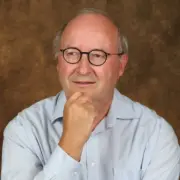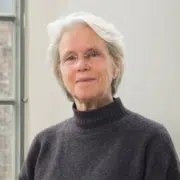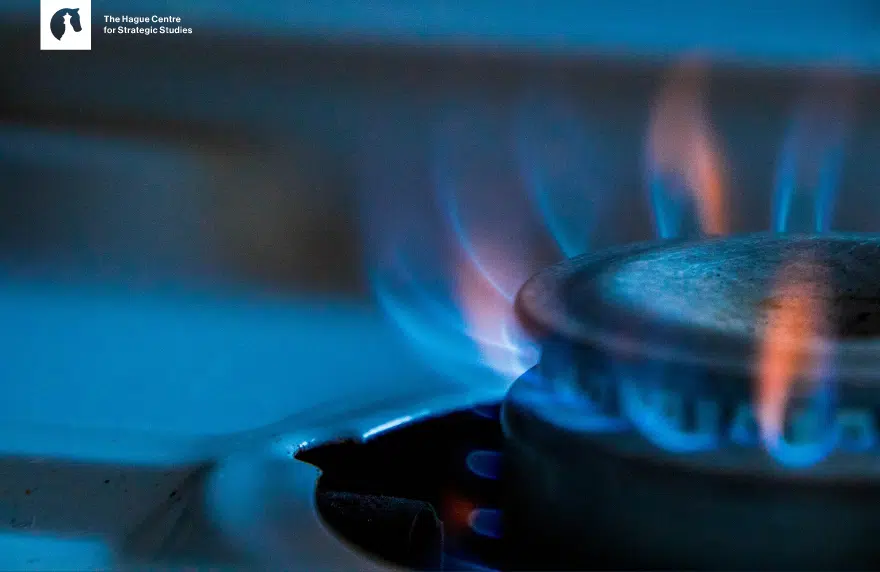The Groningen gas field in the Netherlands is vast. It’s the largest in the European Union, and one of the 10 biggest in the world. Its available reserves of about 450 billion cubic meters are equivalent to all the EU’s needs for one year. It’s exactly the kind of precious (if non-renewable) economic resource that would normally be front and center in an energy crisis like the one afflicting the region today.
But that’s not what’s happening. Groningen production is actually being wound down with a view to halting it next year, part of a long-standing pledge to address earthquake risks and environmental damage. It’s one of several European energy paradoxes that deserve to be reconsidered in the wake of Vladimir Putin’s invasion of Ukraine.
Without the pressures of war, the shuttering of Groningen might look justified. It was tapped for decades with little care for locals, whose complaints over tremors were ignored for a long time. The cost of continued production became linked to billions of euros in compensation claims and housing repairs. Groningen lost its “social license to operate,” a paper by the Hague Centre for Strategic Studies (HCSS) concluded in 2019.
Yet today it also seems irresponsible to ignore the unintended consequences of a phaseout process that began in 2014 and effectively became final in 2018. Replacing 54 billion cubic meters of gas annually (in 2013 terms) meant increasing dependence on Russia. And now that dependence has to be unpicked at high speed and cost, straining European unity, morale and finances.
If war can’t entirely change the politics of pumping more fossil fuels in an earthquake-prone region, there should at least be more recognition of the need to plan for the future and to help Europe as a whole. HCSS analyst Jilles van den Beukel suggests tapping Groningen specifically to hit EU-wide targets of 80% of storage capacity due for November. The more gas is stored, the less dependence there is on imported supplies.
There is obviously no easy fix: Nobody with a blank canvas today would willingly choose to intensify fossil-fuel production. Yet the Groningen debate is one of several signs that suggest a disconnect between ambition and reality.
Read the full analysis by Lionel Laurent in The Washington Post, or on the Bloomberg website.




